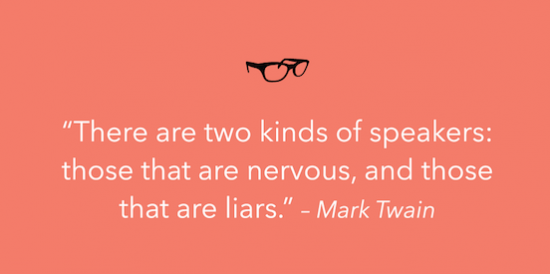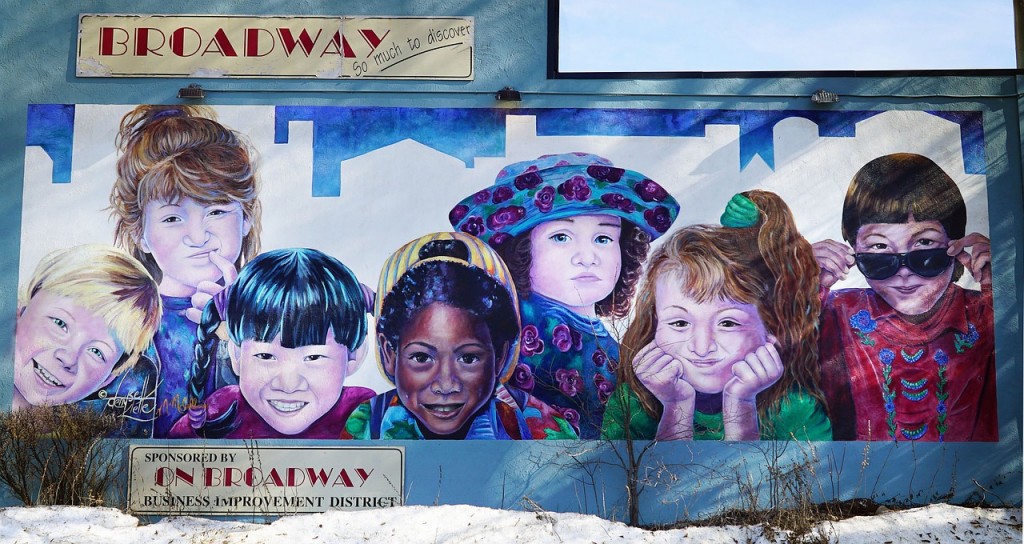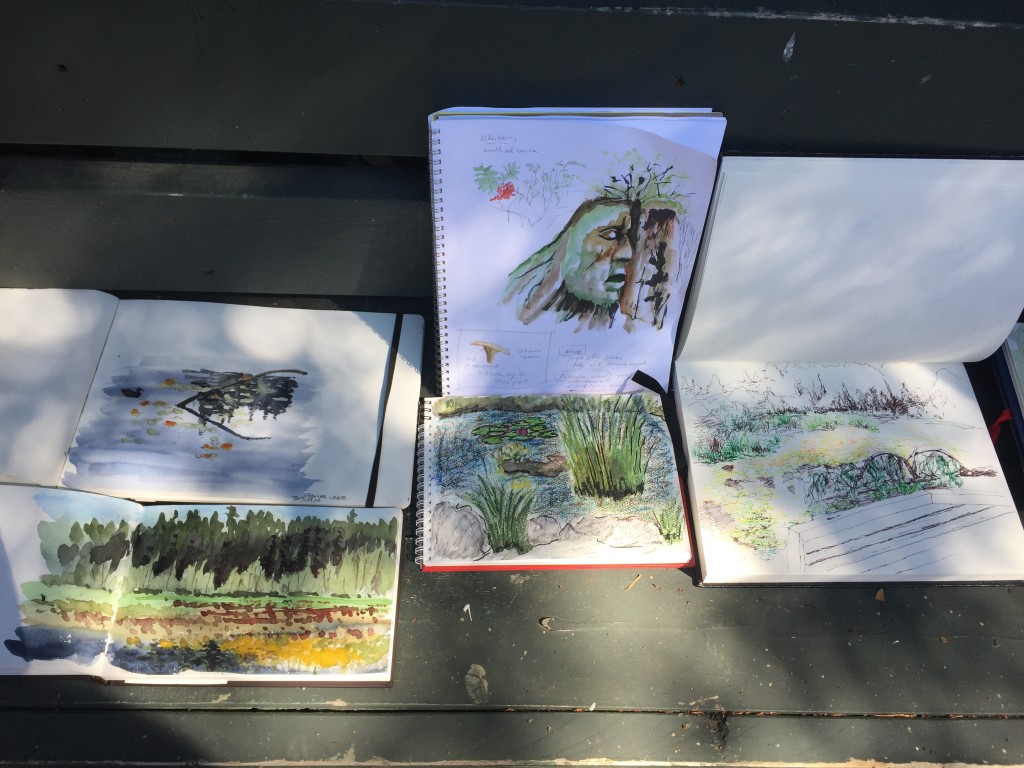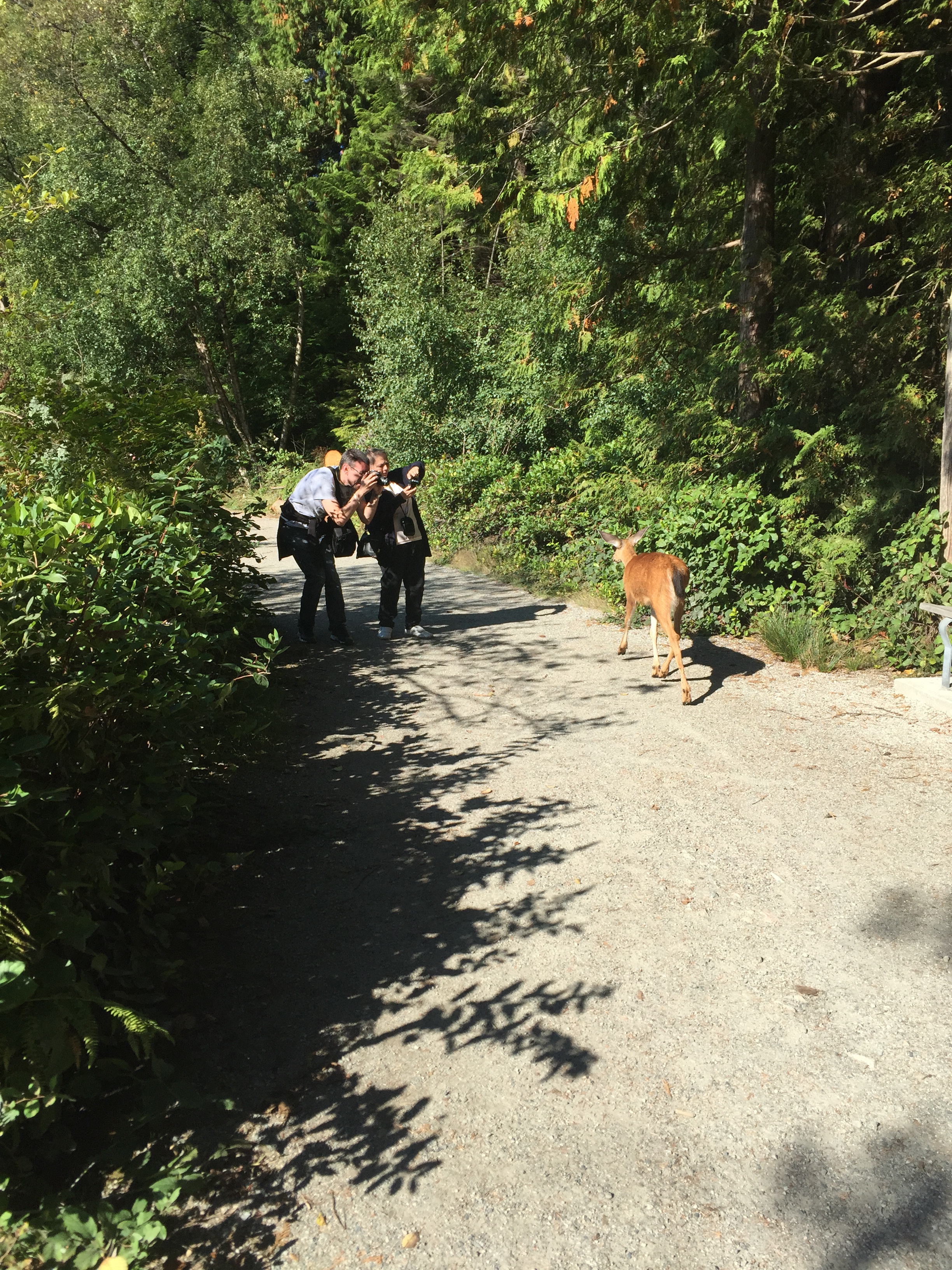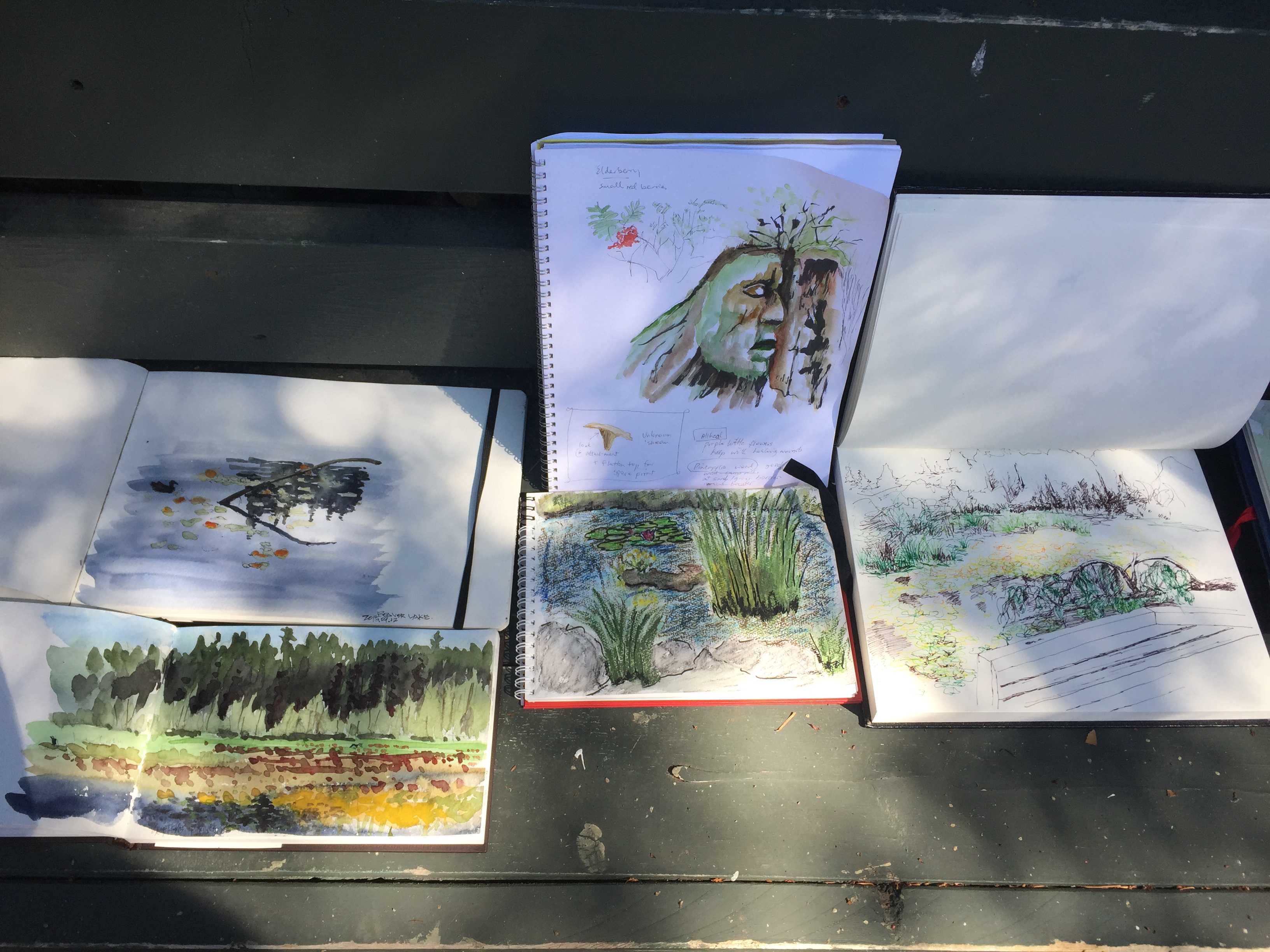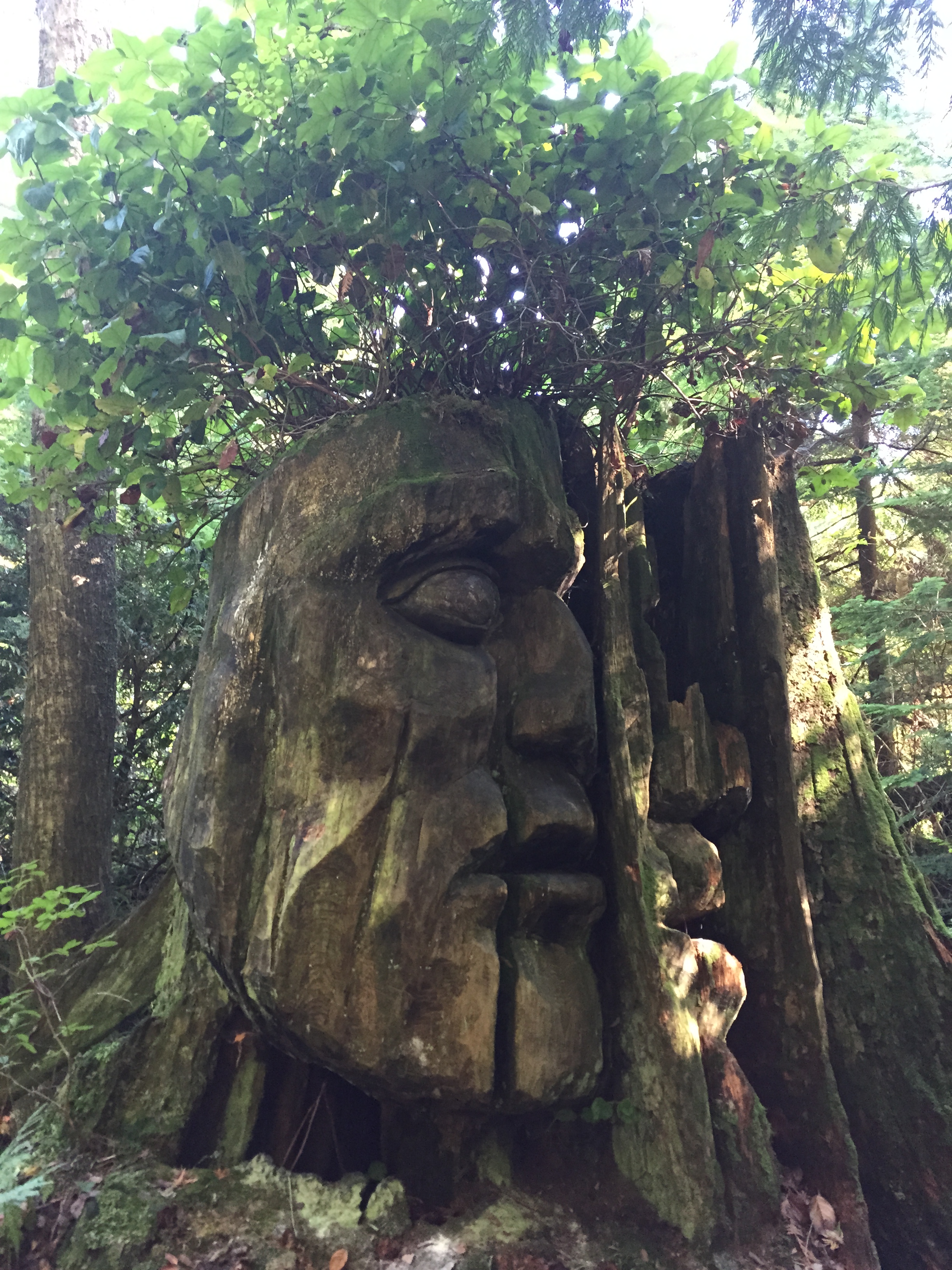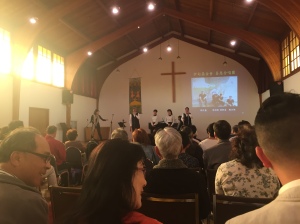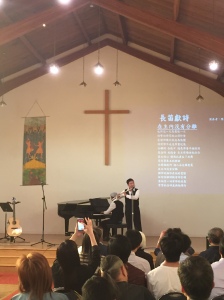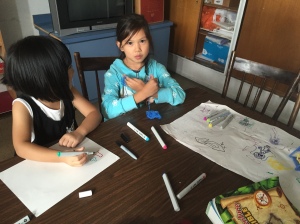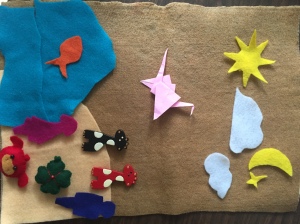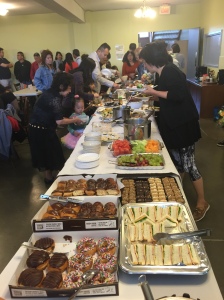Since the program has started, the top three keywords heard most often are inquiry, collaboration and reflection. Inquiry-based learning has widely been used in western schools. This pedagogy is fundamentally different from what I experienced in Chinese schools, where I received knowledge passively.
There are apparent advantages of inquiry-based learning as assessing one’s prior knowledge, stimulating motivation, as well as enhancing self-learning skills, therefore potentially increasing engagement. Students are encouraged to question and provide the hypothetical answers, and test these ideas through experiments without fear of failure or making mistakes, either personally or in group. In other words, inquiry-based learning fosters students’ curiosity, deep understanding, collaboration, critical thinking, as well as social skills.
On the other hand, as educators, we need to use this teaching strategy carefully. Students should not be taught only facts, but should be made to understand and explain what they are learning. For example, students not only learn cooking according to recipes but also understand what they do and how they do it. Scaffolding plays an important role especially in teaching through experimentation. Inquiry activities are only successful if they are equipped with the skills to conduct their own study.
When students lack motivation and self-regulation, they tend to be just as happy as they pass the grade rather than be fulfilled with the process of learning. To foster a culture of inquiry, teachers should encourage students to challenge themselves to get out of their comfort zone, and create a non-judgmental atmosphere, especially in diverse and multi-cultural schools.
What I learned from the Group Presentation was:
- Don’t let activity distract student’s attention away from the topic. Some activities require physical movement or vigorous actions that may make it easy for students to pay more attention to the form of activity, but neglect the content.
- Don’t try to put everything in one class or make the questions too broad. Give scaffolding during the development of discussion.
- Not only questions but also visual images can increase student’s curiosity and motivation towards learning.
- Inquiry is just the opening. Don’t linger on the opening too long. Move to the main topic at the proper time.
- Wrap up the whole section with summary and make students understand the purpose of activity and how that works to engage them into the depth of topic.
 Follow
Follow